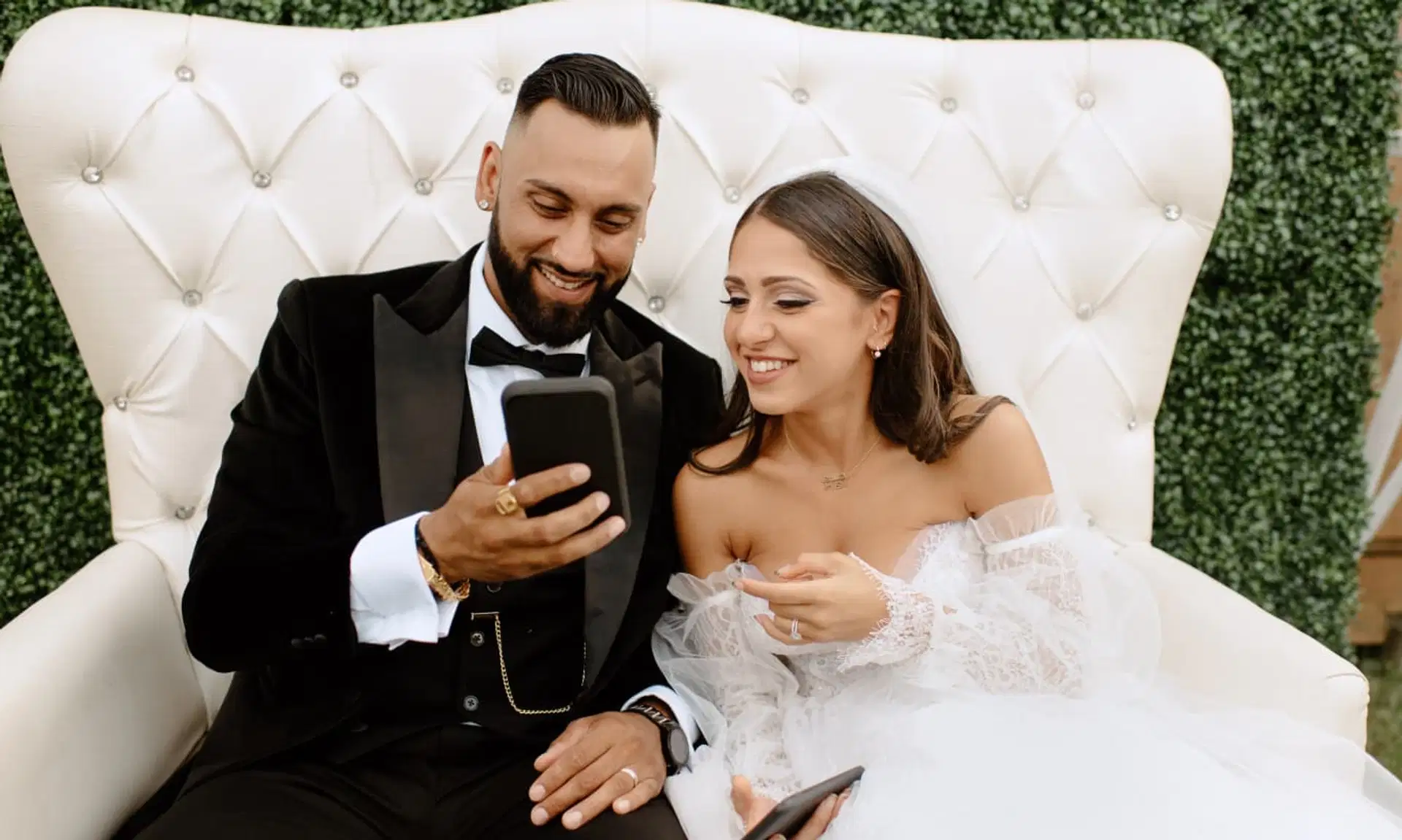Who pays for a wedding?
5 min | 22 April 2024


Weddings can be fraught with difficult emotions but none more so than the question of who pays. Janice Warman helps you to tread safely through the minefield of financial decisions and finer feelings, so that everybody is happy on that special day.
In years gone past, parents of the bride were generally expected to pay for the entire wedding – a convention that had its roots in historical dowry payments made to the groom’s family. Parents often still pay for their children’s weddings but, for whoever foots the bill, wedding days can still be very expensive, high-stress events, and it needs to be decided ahead of time who will pay for what.
Many partners live together for years before getting married. According to a survey by Hitched, one-third of couples paid the full cost of the wedding themselves, while 70% received financial help from friends and family. About 25% of the cost is commonly contributed by each side of the family.
As they'll be setting out on a new life together, the couple may have other financial priorities, such as saving up for a deposit to buy a home.
Sidestep the romcom trap
One aspect to consider is to avoid the traps set by social media, wedding magazines and romcoms: that nothing less than the perfect day will do, and that this can only be attained by spending a lot more money than you currently have in your bank account. This may lead to some couples falling into debt to pay for one day in their lives, when starting married life free of debt would be a preferable prospect.
The average UK wedding in 2023 cost £20,700, according to the National Wedding Survey by Hitched.co.uk, but keeping it simple could be better. It is probably more important to ensure that everybody feels welcome than to spend a fortune on an exclusive venue and a large number of guests.
How to save money on your wedding
Begin by setting a budget. Divide the financial and planning responsibilities between the people involved in organising your wedding. Choose a venue for the ceremony – for example a church, a registry office or an open-air setting – and a venue for the reception.
The costs of a wedding are not confined to the happy couple. Keep in mind that holding your hen and stag dos in the UK will be a significant cost-saver both to you and your wedding party. Some people find that the costs of being a bridesmaid, a best man or even a guest can be high.
Once you’ve decided to get married, you may want to open a separate bank account to save for the wedding and divert a proportion of your salary into it for a year or so, depending on when your wedding is.
One low-key wedding
My wedding was organised within a month, as we had just graduated and were planning to relocate to Europe. My parents paid for most of it, with my partner’s father picking up the bar bill, as was then customary.
An opera singer friend sang a few of our favourite songs, a Unitarian minister took the service (we’d been raised in different religions), doves sang in the trees, the sun shone and I had just one bridesmaid. I wore a dress I already owned, with a flower garland and my sister’s veil. My father persuaded a fashion photographer newly arrived in the city to photograph the wedding for a reasonable fee in return for being introduced to new clients.
Celebrity weddings are often seen as aspirational, but not all celebrities spend ridiculous amounts. Actress Keira Knightley had 11 people at her wedding ceremony and just over 50 at her reception. Best of all, like me, she wore a dress she already owned – though admittedly (unlike mine!), it was designer.
‘I'd worn the dress lots. It was my something old. And I liked not making a big deal about it. I just wanted to be in something I had had a great time in, something I would have a great time in again’, she told The Telegraph.
If you are planning a wedding, try to share the costs and keep them low. You’ll keep your families and your friends happy, and hopefully start your lives together in the best way possible.
Looking for somewhere to keep your savings? Bank with Chase and you can open a saver account. Start saving with as little as you like, and we’ll calculate your interest daily and pay it monthly.
18+, UK residents. A Chase current account is required to open a saver account.
Disclaimer: The Hub is intended as a knowledge portal to provide information on a range of topics, including financial products. Articles may reference products and services which Chase UK does not currently offer. This article is for information only and does not constitute financial advice.






